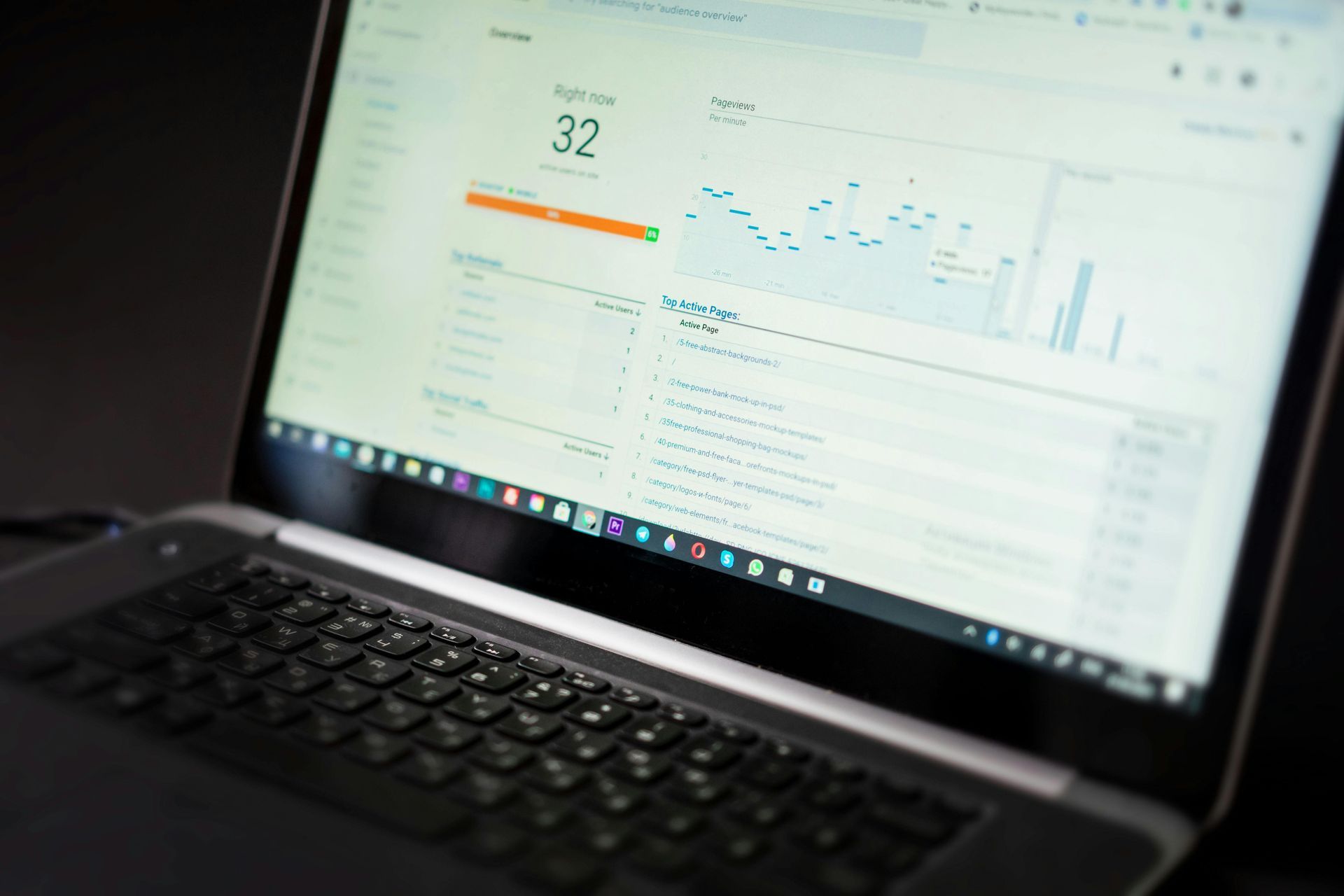Marketing Automation for Small Business: What’s Worth It (And What’s Not)
Marketing automation is one of the most powerful tools small businesses can use to save time, nurture leads, and scale faster—without hiring a bigger team. But with all the hype around automation platforms, integrations, and endless “must-haves,” it’s easy to waste money on tools that sound impressive but don’t actually move the needle.
So, what parts of marketing automation are actually worth it—and which ones can you skip?
Let’s break it down.
What Is Marketing Automation?
Marketing automation is the use of software to replace manual, repetitive marketing tasks with streamlined workflows. Think: automated emails, lead nurturing, SMS follow-ups, audience segmentation, and more—all running in the background while you focus on closing deals or growing your business.
Done right, marketing automation turns leads into customers by:
- Instantly following up with web form submissions
- Sending tailored content based on behavior
- Alerting your team when it’s time for personal outreach
- Keeping your CRM and ad platforms in sync without data entry
It’s not just a time-saver. It’s a conversion engine.
What’s Worth Automating?
✅ Lead Follow-Up
When someone fills out your contact form or downloads a free resource, they expect to hear from you—fast. With marketing automation, you can send an email or text immediately, increasing your chances of getting a reply before they move on to a competitor.
Worth it? Absolutely. Instant follow-up is a game-changer for lead conversion.
✅ Email Nurture Campaigns
Not every lead is ready to buy right away. Automated email workflows let you warm up prospects with case studies, testimonials, and helpful content until they’re ready to take action.
Worth it? 100%. Lead nurturing increases conversions and keeps your brand top-of-mind.
✅ Audience Segmentation
Sending the same message to every contact rarely works. Marketing automation tools let you segment by behavior (e.g., downloaded a guide, visited a pricing page), interest, or lifecycle stage—so you can deliver more relevant, personalized messages.
Worth it? Yes. Segmentation improves open rates, clicks, and sales.
✅ Social Media Scheduling
Creating and posting content every day manually? Not efficient. Automation lets you bulk-schedule posts in advance, maintain a consistent presence, and free up your team for higher-value work.
Worth it? Definitely. Just make sure you still monitor for engagement.
✅ Review Requests & Feedback
After a purchase, set up a simple workflow that sends an email or text asking for a review. Bonus: these reviews can be pulled into your website or ads automatically to boost credibility.
Worth it? Yes. It builds trust and strengthens your reputation.
✅ CRM Sync and Integrations
When your leads flow from Facebook Ads, Google Ads, or your website into your CRM without manual effort, you can follow up faster and eliminate missed opportunities. Tools like LeadsBridge or Zapier can help bridge these systems together.
Worth it? Absolutely—especially for service-based businesses or eCommerce.
What’s Not Worth It (Yet)?
❌ Over-Engineered AI Personalization
Not every small business needs AI-driven hyper-personalization across every platform. These systems can be expensive and hard to manage without dedicated technical support.
Worth it? Skip it for now. Focus on segmenting and writing solid content first.
❌ Too Many Tools
Trying to automate everything at once with a stack of 10 tools will only complicate your workflow. Many small businesses are better off starting with a simple platform (like ActiveCampaign, Keap, or Mailchimp) that combines email, forms, and automation in one place.
Worth it? No. Start small. Grow with the right tech, not the flashiest.
❌ Automating Cold Outreach (Badly)
Mass cold emails with poor targeting and zero personalization can hurt your domain and brand. If you're going to automate outbound, do it thoughtfully with segmented lists and quality messaging.
Worth it? Only if done right. Otherwise, it’s a fast path to being ignored—or worse, flagged as spam.
Our Favorite Tools for Small Business Automation
Here are a few proven platforms that make marketing automation easier without the learning curve:
- Keap: All-in-one CRM and automation perfect for small teams.
- ActiveCampaign: Great for email workflows, segmentation, and contact scoring.
- Mailchimp: Easy entry point for email and audience building.
- HubSpot: Powerful but pricier—best for growing teams with sales pipelines.
- GetResponse: Useful for drip campaigns, lead scoring, and webinars.
- Sendinblue (Brevo): Affordable SMS + email automation with solid segmentation tools.
Marketing Automation Should Save Time, Not Waste It
Marketing automation is one of the best investments a small business can make—when done right. The key is to focus on what matters most: following up with leads quickly, nurturing relationships, and eliminating bottlenecks in your process.
Skip the fluff. Automate with purpose. And make sure everything you build is geared toward improving your bottom line—not just checking a box.
At Evolv Digital Marketing, we help small businesses build smart, scalable automation systems that actually work. From lead capture to CRM syncing to email workflows, we take the guesswork out of marketing automation so you can focus on what you do best.












